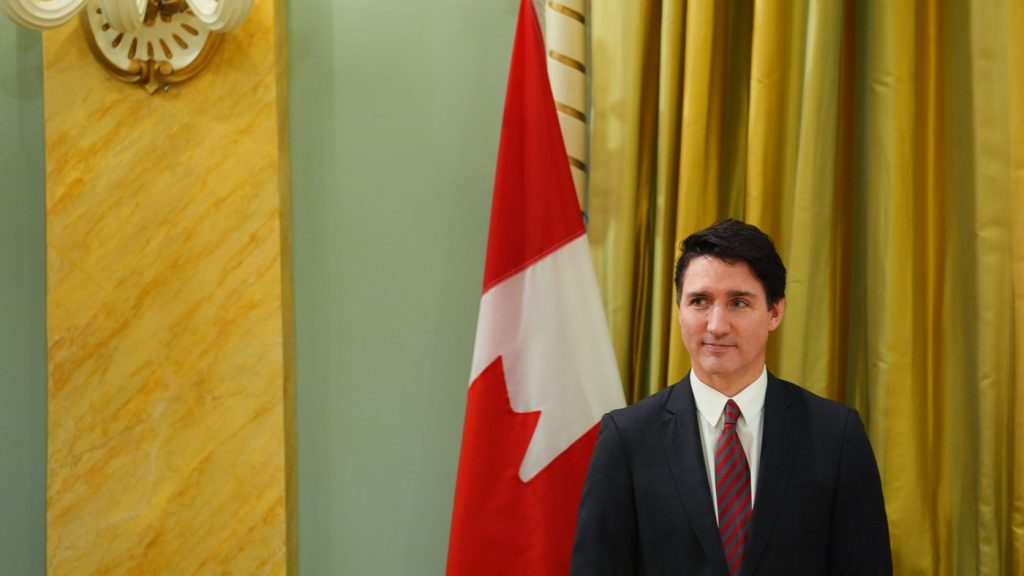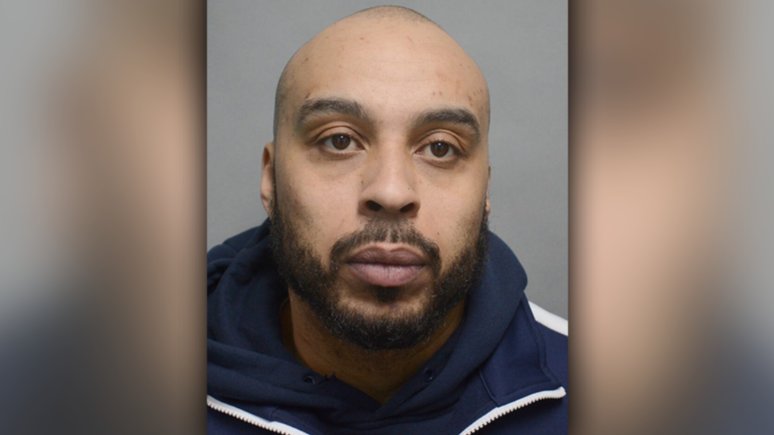New Brunswick public sector workers set to strike after contract talks abruptly end
Posted Oct 27, 2021 04:30:37 PM.
FREDERICTON — Thousands of public sector workers in New Brunswick are set to go on strike after CUPE officials say the government abruptly walked away from contract talks Tuesday night, but Premier Blaine Higgs says he’s prepared to order them back to work.
The union served notice earlier this month that its 22,000 members in 10 locals had voted 94 per cent in favour of a strike to back demands for higher wages.
The union members work in various sectors such as health care, education and public transportation, and CUPE New Brunswick president Steve Drost told a news conference in Fredericton Wednesday that a strike is imminent.
“This will happen as soon as we notify our members,” Drost said. “Imminent is all we can say, and our members will be the first to know.”
He said workers who have been declared essential would ensure safety and security, but a strike would have an impact on all New Brunswickers.
“You can’t treat frontline workers like this. These frontline workers have been forced on the picket line by this government. It didn’t need to happen,” Drost said in an interview.
“Our members have told us they’ve gone as low as they can because we are still the lowest paid in Canada, and we can’t go any lower. This premier is still offering these workers below the cost of living,” he said.
Drost said the government was offering annual wage increases of two per cent for five years, while the union’s last offer sought three per cent per year for four years. That was down from an original request for five per cent increases in each year of a four-year deal.
Higgs said the government’s offer dealt with more than wages. He told a news conference in Fredericton that the government was willing to improve the pension coverage for many of the workers and provide full pay to casual workers who were working full-time.
He said the union was only willing to talk about the wage package, so that offer is now off the table. “It was something to help us close the deal. It was something that was clearly rejected, so now it’s a new day,” Higgs said.
He said while the province’s finances are improving and on track for another surplus, a big factor in that success has been one-time funding from the federal government during the pandemic.
“I won’t be in a position where I cut a deal this year that we can afford this year, but then we can’t see a way to pay for it in future years,” Higgs said. “I didn’t come here to create more liability for the province.”
Higgs said that if a strike has a serious impact on New Brunswick, particularly in health care, then he’s prepared to order the employees back to work.
“People’s lives are impacted enough right now. We will need to take action to protect New Brunswickers, and that may include the appropriate legislation,” he said. “I hope this measure will not be necessary.”
He said because the province is currently under an emergency order for the pandemic, a back-to-work order could be done through a cabinet directive rather than having to go through the legislature.
This report by The Canadian Press was first published Oct. 27, 2021.
Kevin Bissett, The Canadian Press








